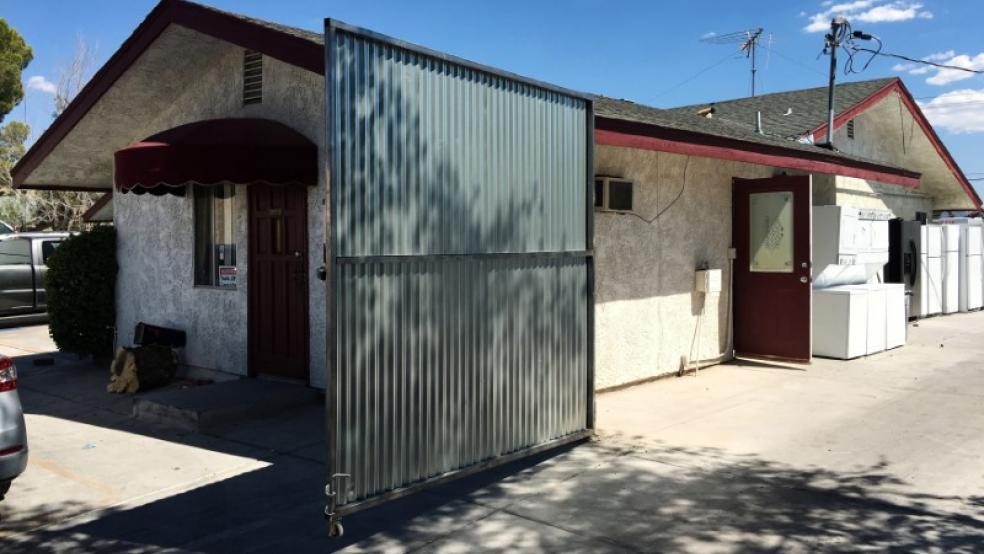STERLING, Virginia (Reuters) - The body broker industry has a mixed record. But doctors gathered in a training room here recently said cadavers that brokers supply can be indispensable.
The six doctors visited the Washington Institute of Surgical Engineering in September to learn how to implant a new spinal device designed to relieve leg and buttock pain.They practiced on sections of the lower back, about 18 inches long and a few inches thick, taken from adult donors who died this summer. The spines were supplied by an Illinois seller of donated body parts, Innoved Institute LLC, a seminar executive said.“It’s paramount to have the hands-on experience with the cadavers and bones,” said Ronald Segura, a New Orleans-area doctor. “And it’s best to do it here, where you can do no harm. I’m very thankful to the people who donated their bodies.”The titanium device, Superion, is about half an inch long. It is made by Vertiflex of Carlsbad, California. Development of the device, which included cadaver use and clinical trials, cost over $50 million, according to company officials.Superion treats pain caused by lumbar spinal stenosis, a narrowing of the pathways for nerves in the lower spine that occurs when people stand, said Jonathan Grossman, a Fresno, California doctor and Vertiflex consultant. The device relieves pain because it prevents a spine from narrowing too much, he said. After three practice sessions, Houston-area doctor Stephen Sims said he planned to begin operating on patients within a week. He also plans to donate his own body when he dies.“It would be risky doing this live on a real person without this training,” Sims said. “Unless you have a religious objection, I don’t really see a downside to it. I mean, once you’re gone, your body’s not your soul.” (Reported by John Shiffman; Edited by Blake Morrison)Donated cadavers are essential to medicine, doctors say

STAFF



